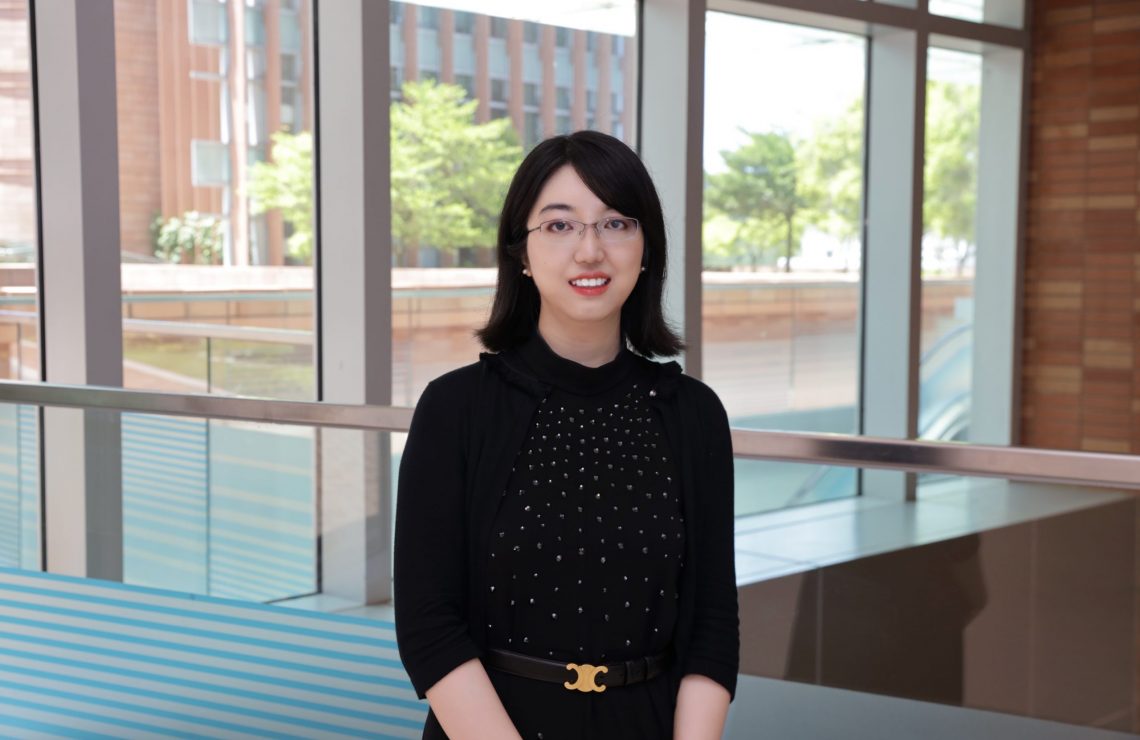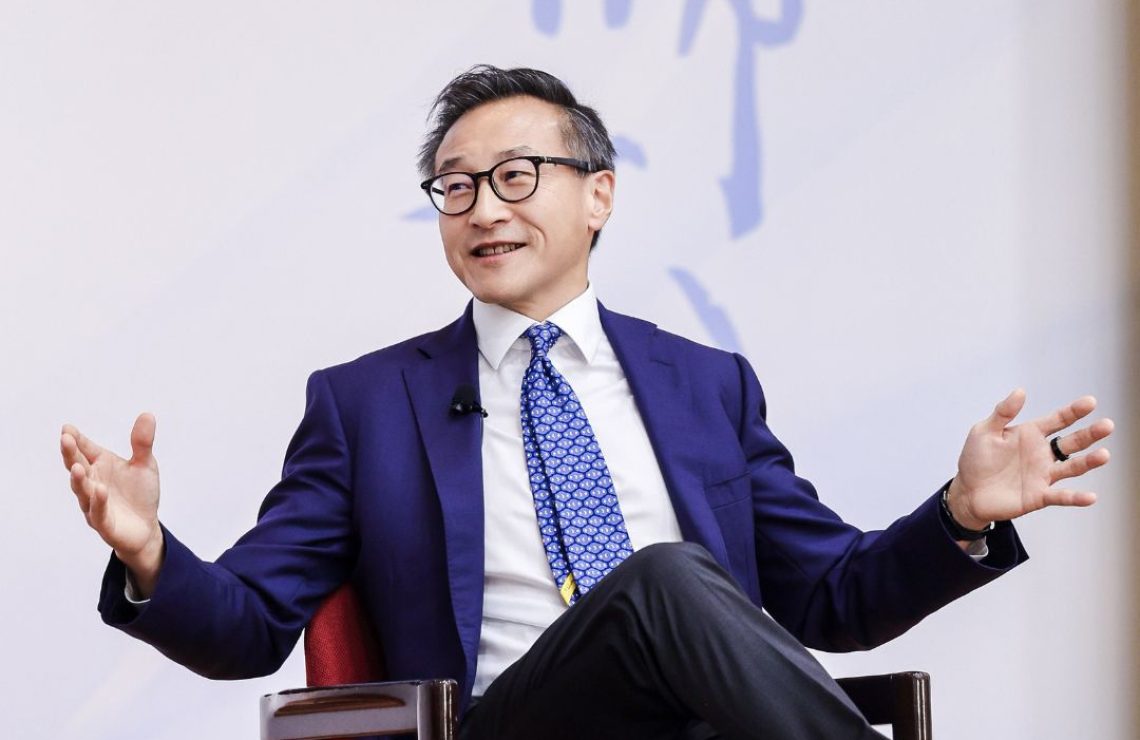
Promoting inclusive growth with macroeconomics research – Dr. Lichen Zhang
Born in a scholar family, Dr. Zhang aspires to use her knowledge to generate positive impact to the world. Impressed by the intellectual prowess of the HKU alumni she had met in her PhD years, Dr. Zhang decided to embark on a pilgrimage to HKU Business School on July 2020 as an Assistant Professor in Economics.
“I majored in mathematics, statistics and economics during undergraduate studies. I really enjoy learning new things and sharing my findings to others. Probably because both of my parents are professors,” Dr. Zhang said with a laugh. Although her interests are in mathematics, the desire to improve the society has encouraged Dr. Zhang to become a scholar in macroeconomics.
As quantitative macroeconomics research combines data with structural models, the findings of scholars can provide guidance to policy makers. “by building up a quantitative structural model and estimate it carefully to mimic what happens to the real economy, economists can rely on the model to evaluate the potential impact of a certain policy on different aspects of an economy such as output, consumption, welfare, and inequality. This is what we a quantitative macro approach. During my tenure as a part-time researcher at the Federal Reserve Bank of Minneapolis, a lot of my colleagues had used the quantitative macro approach to provide high-impact analysis and advice to policy makers on monetary policy and other strategic initiatives,” said Dr. Zhang.
In recent years, there is a secular decline in labour share and a rise in industrial concentration in the global economy. This means that labour compensation as a share of national income is declining, while the market shares of mega firms are growing. A recent research conducted by Dr. Zhang explains that this phenomenon is closely related to rise of intangible capital, such as software and R&D. “While many argues that this trend may lead to greater market power, my paper posits that the rise in industrial concentration is possible to be the natural consequence of technological advancement that favors those large, productive, and intangible-capital-intensive firms. It may not necessarily cause market inefficiencies,” explained Dr. Zhang. She hopes that her paper can give a sense of relief to policy makers and prevent over-intervention.
In addition, the decline in entrepreneurship is another potential problem in many countries in the world such the U.S. “Entrepreneurs belong to a special group of households. In the US, even though they make up only 7 to 8 percent of the population, they own nearly one-third of the total wealth. What’s more, they are also major job providers and market innovators,” said Dr. Zhang. The loss of entrepreneurs could destroy the competitiveness of a country in the long run. In order to provide insights for policy makers, Dr. Zhang decides to conduct a research on the tax side. “Taxing entrepreneurs is tricky”, said Dr. Zhang, “On the one hand, they are important to a country in many aspects, and the government would not want to scare them away with high tax rates. However, on the other hand, since entrepreneurs are usually relatively richer and wealthier than other people, you do want to tax them more to close the fiscal deficits and reduce income inequality.”
By using data from the Panel Study of Income Dynamics, Dr. Zhang focuses on self-employed business owners that are actively managing their businesses. She aims to compute optimal labour and business income taxes in a quantitative macro framework, in order to determine the optimal tax rate for entrepreneurs. As our school will soon open an entrepreneurial and innovation centre in Israel, Dr. Zhang research will be of great use for the centre’s future operation.
Dr. Zhang has already been teaching in HKU for a year. “I look forward to Spring 2022 semester as I will be teaching an advance course closely related to my research called Inequality and Growth,” Dr. Zhang said. She hopes that her research on the labour market could inspire students to strategise new ways to reduce the staggering income inequality in Hong Kong.







